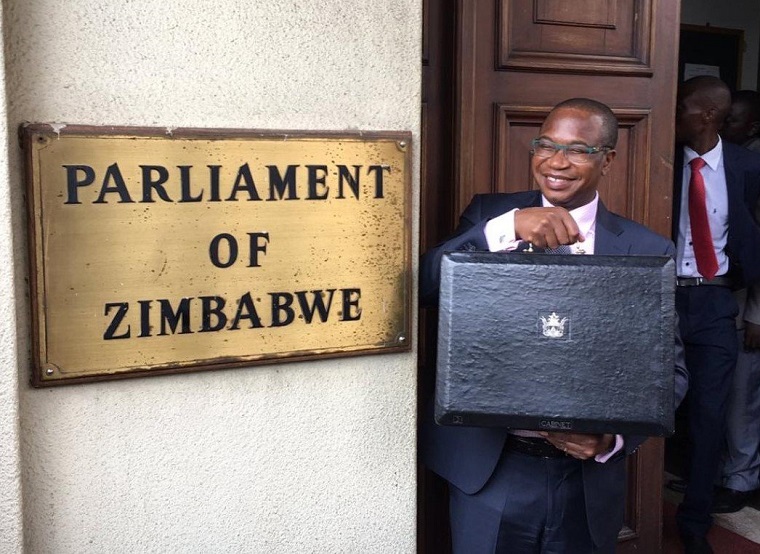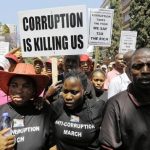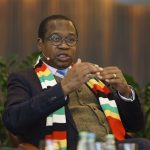 Zimbabwe has hiked electricity tariffs with immediate effect, Finance Minister Mthuli Ncube said today, amid severe power cuts that have crippled the already fragile economy.
Zimbabwe has hiked electricity tariffs with immediate effect, Finance Minister Mthuli Ncube said today, amid severe power cuts that have crippled the already fragile economy.
Ncube said domestic consumers’ electricity tariff will now average 3 US cents per kilowatt/hour from 1 US cents.
The tariff for non-exporting businesses would average 5 US cents per kilowatt/hour.
Foreign currency earners will be paying for electricity in US dollars, Ncube said.
Meanwhile, the power crisis has turned night into day for most Zimbabwe firms and families.
Around 9 p.m., a siren pierces the pitch-black night at the Willowvale industrial park in Zimbabwe, signalling that power has been restored after a day-long outage.
Moments later, eight men in blue overalls walk into a factory and begin shovelling a mound of gypsum into a drying machine to make wall plaster.
Zimbabwe’s worsening power shortages have effectively turned day into night for many businesses, with most work happening well after dark, when lights flicker on for a few hours.
For families, it is the same. Cynthia Chabwino, 32, is a mother of four young children. By the time the lights come on at her modest home in Hatcliffe township, on the outskirts of Harare, they are all fast asleep and she has a few hours to complete the household chores.
Chabwino begins her nocturnal routine by fetching water from an electric-powered borehole for use the next day. By 10 p.m., the line of women and children stretches more than 50 metres (yards).
She then converts a small coffee table in the middle of her living room into an ironing board and starts pressing the children’s uniforms for school the next morning.
“Our lives have become unbearable,” she said. “We are always tired now, but what can we do?”
The southern African country is producing just half of its 1 700 MW peak demand, the result of a prolonged drought that has reduced output at its largest hydro plant and ageing coal-fired generators that keep breaking down, according to state-owned power utility ZESA Holdings.
The company has imposed rolling blackouts that last up to 18 hours a day, crippling factories and mines and compounding the country’s worst economic crisis in a decade.
The International Monetary Fund expects Zimbabwe’s economy to contract by 2.1% this year. Annual inflation surged to 175.66% in June, eroding earnings and stirring memories of economic chaos under former president Robert Mugabe, when hyperinflation forced the country to abandon its currency in 2009.
The hope that greeted Mugabe’s ousting in 2017 has now turned to despair as his successor Emmerson Mnangagwa struggles to revive the economy and ease shortages of electricity, fuel, medicines and bread.
Continued next page
(300 VIEWS)


